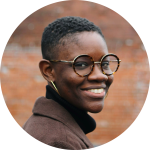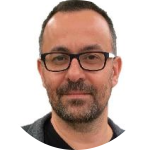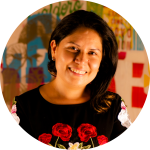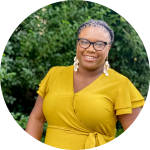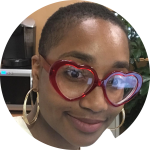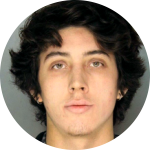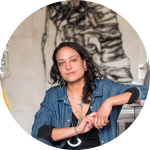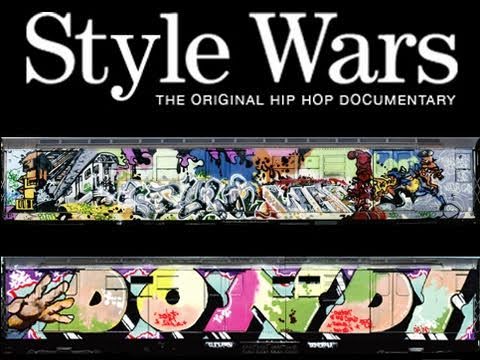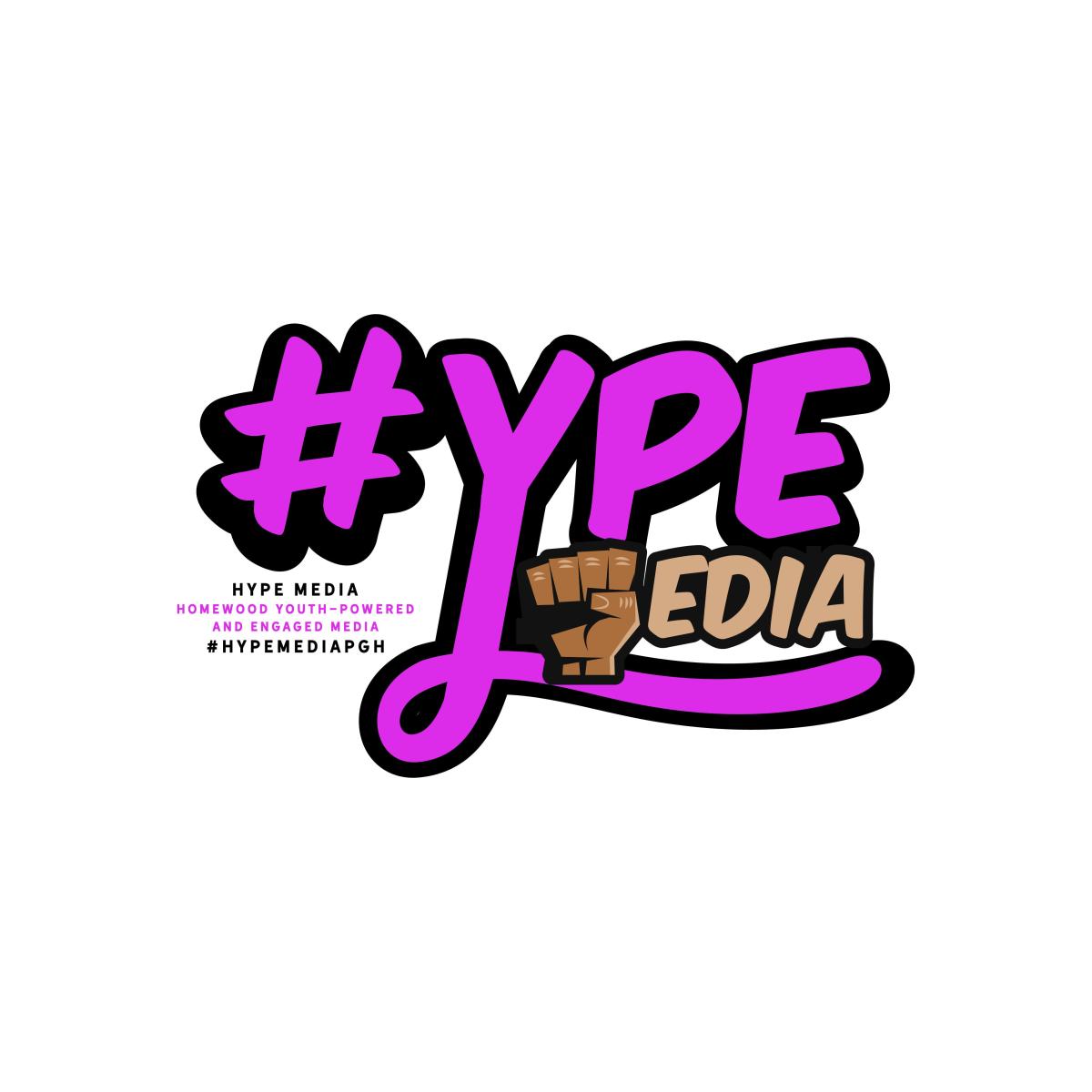Mural by Eva Bracamontes and Sasha Primo; Photo by Caitlin Bruce, October 2021, Pittsburgh, PA
Beyond Crisis Creativity: Imagining New Futures Through Art and Youth Activism
This un-conference explores how cultural organizations made up of artists, young people, cultural workers, organizers, and neighbors take up supposedly devalued city spaces to create new vocabularies and heuristics for value beyond exchange value, and use cultural practices to tell stories of place and forge transnational connections. It also maps how certain forms of creative identity are commodified. We seek to create a conversation across borders, cultures, institutions and generations. Participants will come from Pittsburgh; Barcelona; Cali; Portugal; and Chicago, among other places, in order to address the interconnections between the kinds of challenges that artists/youth face in using creative practice to imagine more just futures and the networks of solidarity nascent and established between cities and practitioners.
The conference will take place between March 24th and March 27th, 2022, at the University of Pittsburgh. There will be an option to attend virtually via Zoom. Registration information, featured speakers, and conference schedule can be found below.
Framework:
Visiting participants will offer short presentations of pre circulated works in progress which may take the form of videos, audio clips, or papers; participate in dialogue with local cultural programmers and youth organizers; and at the conclusion of the conference we will ask participants to offer a short 1-2 page or 3-10 minute suggestions for creativity beyond crisis that will be made available on the conference website and social media by March 1, 2022.
Rationale:
In recent years, creativity has been an important tool for promoting and making visible spaces and places in cities. Richard Florida's highly influential text-- The Creative Class-- has become near dogma to urban planners and marketers, a get rich quick scheme for elites who either want cities in transition (like Pittsburgh, Bogotá, Montevideo) found or rebranded, or their already vibrant cities (Paris, Buenos Aires, San Francisco, Barcelona) to continue to have explosive growth and to successfully compete for workers, visitors, and dollars. Cities brand themselves off of many things but art and culture offer high impact ways of courting capital, often radically transforming the built environment of cities, particularly in the wake of crisis. Though cities are many-layered and their identities are shaped by a multitude of forces, visual culture through place making is a key plane upon which a city's visibility and viability-- it's presence and persistence-- are often evaluated. Such public assessments are often focused on the city's image for outsiders and are contested and reframed by residents and those who might experience it at the level of the everyday.
Some of the most persistent critics of the creative cities thesis and of creativity driven youth programming have exposed that this recipe for finding lost cities often leaves the most vulnerable forgotten or, worse, expunged from "contaminating" attractive creative urban landscapes. Youth might be celebrated for making a commissioned mural but chased out of public spaces for “loitering” or seeming challenging in their mere presence. Likewise, largely implemented as a way of attracting creative workers without infrastructure for their sustained flourishing, and imagined as a means of attracting tourist dollars, creative cities are mired in legacies of uneven development, the result of racist, colonial, and patriarchal histories. Moreover, by creating urban spaces attractive to wealthier denizens, creative cities displace not only the artists responsible for transforming city images but more vulnerable populations, the workers that actually help a city run, fueling dispossession. Youth programming that celebrates creativity often runs the risk of sliding into privileging entrepreneurial, Western and white bourgeois models of subjectivity.
Mindy Thompson Fullilove has characterized displacement within the context of gentrification and the loss of communal worlds as “root shock.” Displacement is not a one-time event but tears at the fabric of communities over generations, unraveling entire relational worlds. At the same time, ruin spaces and informal cultural practices are often appropriated in voyeuristic narratives about "urban exploration" that fetishize them as "beautiful wastelands" ignoring the real challenges and sometimes pain faced by former and current residents.
Youth have played an important role as protagonists and potential threats to shaping desirable city images and have been important agents in reframing the terms upon which value for and about cities are produced and made legible. For instance, young people were the protagonists of the hip hop and graffiti movements in New York, Philadelphia and across the world in the 1960s-1990s, forwarding new models of collective action and solidarity in public space. Artist and cultural and youth activist communities are trying to re-narrate cities as complex and layered places with dense social infrastructures that require an educated eye, understanding place as pedagogy and pedagogue: a source of knowledge, and as a teacher. As a result, they use cultural policy and institution building to their advantage to try and create new understandings of value, new finding aids for the city.
Sponsored by: University of Pittsburgh's Global Studies Center, Center for Latin American Studies, Department of Communication, and Hemispheric Conversations: Urban Art Project


